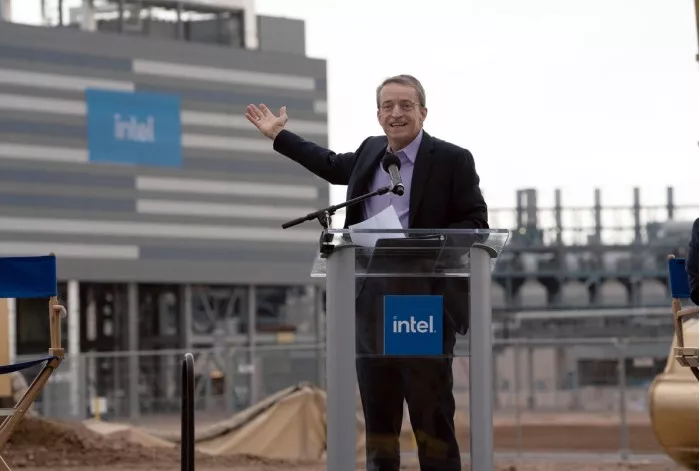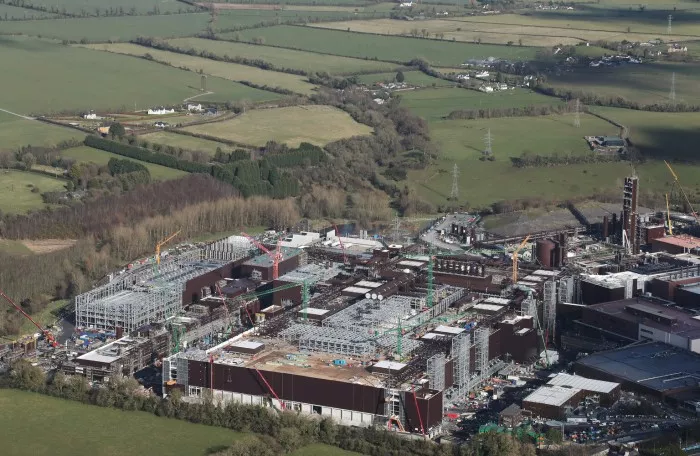Under the leadership of Kissinger, a veteran of more than 30 years and the CEO who took office last year, Intel has started large-scale expansion in the past two years and launched a chip investment plan of hundreds of billions of dollars. In addition to the United States, it will also build a new generation of wafer factories in Europe, of which Germany plans to invest 17billion euros. According to Intel's plan, they will build a wafer factory in Magdeburg, Germany, which is expected to start next year. In 2027, the chip will be offline, with a total investment of up to 17billion euros. It is expected to create 3000 permanent jobs and tens of thousands of supply chain jobs**
Access:

However, Intel's calculation is very smart. They have large-scale investments in many places. They don't want to spend all their own money on their investments in Germany. They need subsidies from Germany and the European Union.
The amount of subsidies is not low. The German government announced some subsidies in its 2022 budget, up to 2.72 billion euros, but this is not final. It is estimated that the total amount of subsidies will reach 6.8 billion euros, about 48.4 billion yuan**
If the request is fulfilled, it means that 40% of the 17billion Euro investment is subsidized by the government, and only about 60% of its own investment. This can greatly reduce the cost of Intel's chip factory.
As for why Intel has such confidence, it is not surprising that Europe, like the United States, now hopes to increase the chip production capacity in its own region and reduce external dependence. Intel's investment plan meets the EU's dream.
